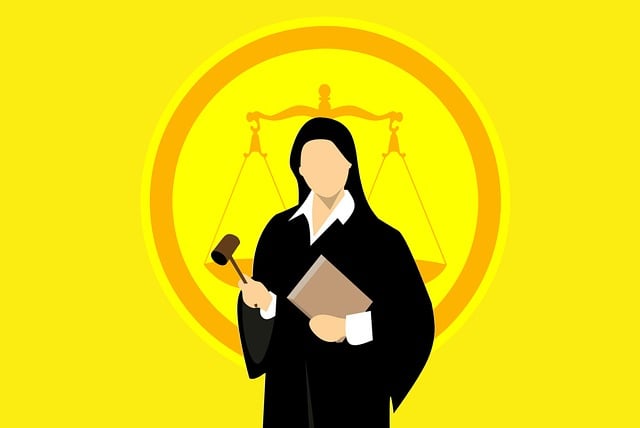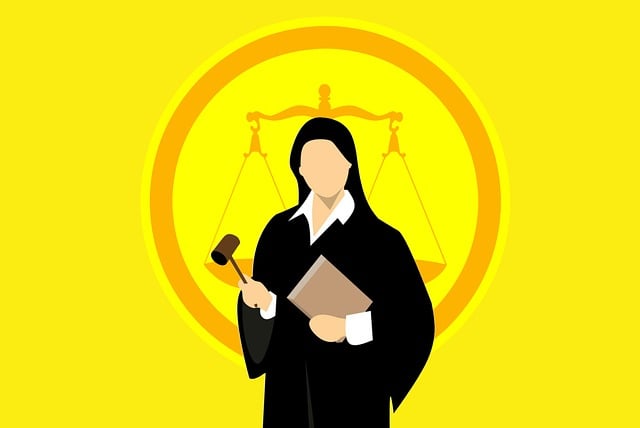Criminal law has undergone significant transformations driven by societal shifts and technological advancements. Key trends include an increasing emphasis on restorative justice, enhanced investigative powers through digital forensics, and the rise of cybercrime and white-collar crime. Understanding fundamental constitutional rights is crucial for fairness and due process in criminal proceedings. Technological integration presents both advantages like improved evidence collection and challenges such as cybercrimes and data privacy concerns, requiring updated legal frameworks. A global comparative analysis reveals diverse legal systems and approaches to crime, offering insights into cultural norms and human rights practices.
Stay informed with the latest developments in criminal law. From recent trends reshaping legal principles to the impact of technology, our article offers a comprehensive overview. Explore key rights in criminal proceedings and gain global insights into criminal justice systems. Uncover how technological advancements both enhance and complicate legal landscapes worldwide. Dive deep into these topics for an indispensable guide to understanding contemporary criminal law.
- Recent Developments in Criminal Law: A Closer Look at Changing Trends
- Understanding Key Principles and Rights in Criminal Proceedings
- The Role of Technology: Enhancing or Complicating Criminal Law?
- Global Perspectives on Criminal Justice: Comparisons and Implications
Recent Developments in Criminal Law: A Closer Look at Changing Trends

In recent years, the landscape of criminal law has seen notable developments and shifts in trends that reflect broader societal changes. One prominent trend is the increasing focus on restorative justice, which emphasizes reconciliation and rehabilitation over punitive measures. This approach aims to address the root causes of criminal behavior, reduce recidivism, and foster a more harmonious society.
Additionally, technological advancements have had a profound impact on criminal law. The rise of digital forensics has enhanced investigative capabilities, while also raising concerns about privacy and data protection. Furthermore, emerging trends like cybercrime and white-collar crime require updated legal frameworks to effectively prosecute and prevent these digital offenses. As such, the continuous evolution in criminal law is driven by both societal shifts and technological advancements.
Understanding Key Principles and Rights in Criminal Proceedings

In the realm of criminal law, understanding key principles and rights is paramount for both accused individuals and legal professionals alike. At its core, criminal law dictates the rules and procedures governing criminal proceedings, ensuring fairness and due process. Central to this are the constitutional rights enshrined in laws like the Bill of Rights, which protect citizens from arbitrary government intervention and safeguard their fundamental liberties. These include the right to a fair trial, protection against self-incrimination, and the right to legal representation.
Grasping these rights is crucial for navigating complex criminal cases. Accused persons must be aware of their entitlement to counsel, the potential consequences of pleading guilty or going to trial, and their right to appeal if found culpable. Conversely, recognizing these principles empowers victims and witnesses to understand their role in the process, ensuring their voices are heard within the legal framework. Ultimately, a solid grasp of criminal law principles fosters transparency, accountability, and justice in our legal system.
The Role of Technology: Enhancing or Complicating Criminal Law?

The advent of technology has significantly impacted various aspects of society, and criminal law is no exception. Modern tools and platforms have both enhanced and complicated the administration of justice. On one hand, technological advancements offer unprecedented opportunities for evidence collection and analysis, enabling prosecutors to build stronger cases. Digital surveillance, for instance, can provide real-time data that aids in crime prevention and swift enforcement. Moreover, advanced forensics can uncover hidden details, leading to more accurate investigations.
However, the digital landscape also presents unique challenges. Cybercrimes, such as hacking, identity theft, and online fraud, demand specialized knowledge and legal frameworks. The rapid evolution of technology often outpaces legislation, creating loopholes that criminals exploit. Additionally, issues like data privacy, security breaches, and the ethical use of surveillance technologies require careful consideration to balance public safety with individual rights, further complicating criminal law’s evolving nature.
Global Perspectives on Criminal Justice: Comparisons and Implications

The study of criminal law extends far beyond national borders, as global perspectives on criminal justice offer valuable insights into diverse legal systems and societal approaches to crime. By comparing different countries’ criminal law frameworks, we gain a deeper understanding of cultural norms, historical influences, and political ideologies that shape punishment and rehabilitation practices. This comparative analysis reveals intriguing variations in defining crimes, assigning punishments, and approaching restorative justice. For instance, some nations prioritize harsh sentencing and retributive justice, while others focus on rehabilitative measures and community reintegration.
These global perspectives have significant implications for improving criminal law practices worldwide. Sharing best practices and learning from successful models can enhance the effectiveness of criminal justice systems. Moreover, recognizing cultural differences and adapting legal principles accordingly ensures that criminal law remains responsive to evolving societal needs. By embracing a global perspective, we can strive for more equitable, fair, and humane criminal justice systems that respect human rights while maintaining social order.
In conclusion, the evolving landscape of criminal law, as explored through recent developments, key principles, technological advancements, and global perspectives, underscores the dynamic nature of this field. Understanding these trends is vital for both legal professionals and those interested in criminal justice. The integration of technology promises to enhance procedures but also presents complications, reflecting the continuous challenges and opportunities within criminal law. As we navigate these changes, recognizing international comparisons offers valuable insights into potential reforms, ultimately striving for a more just and efficient criminal justice system.
